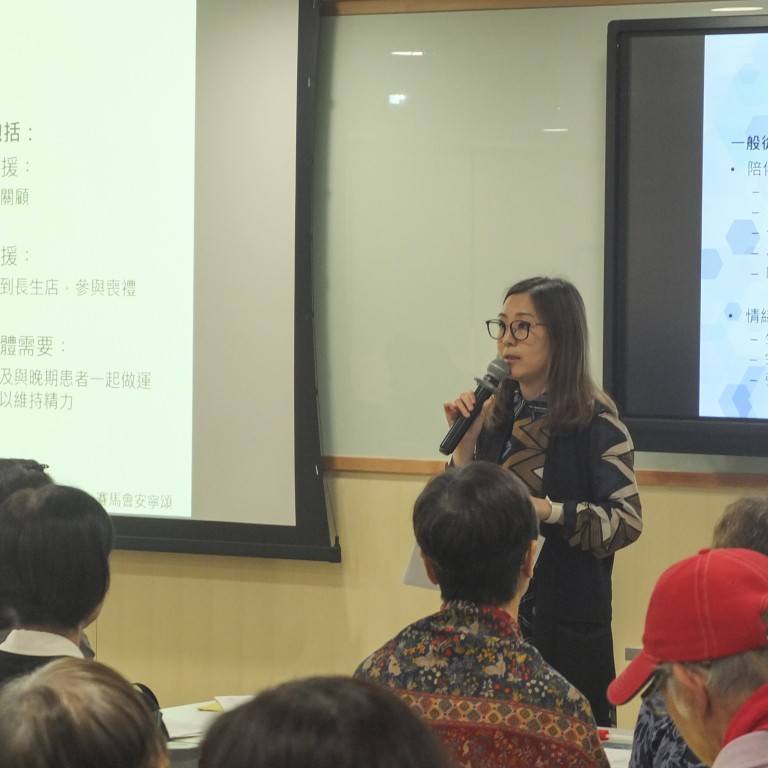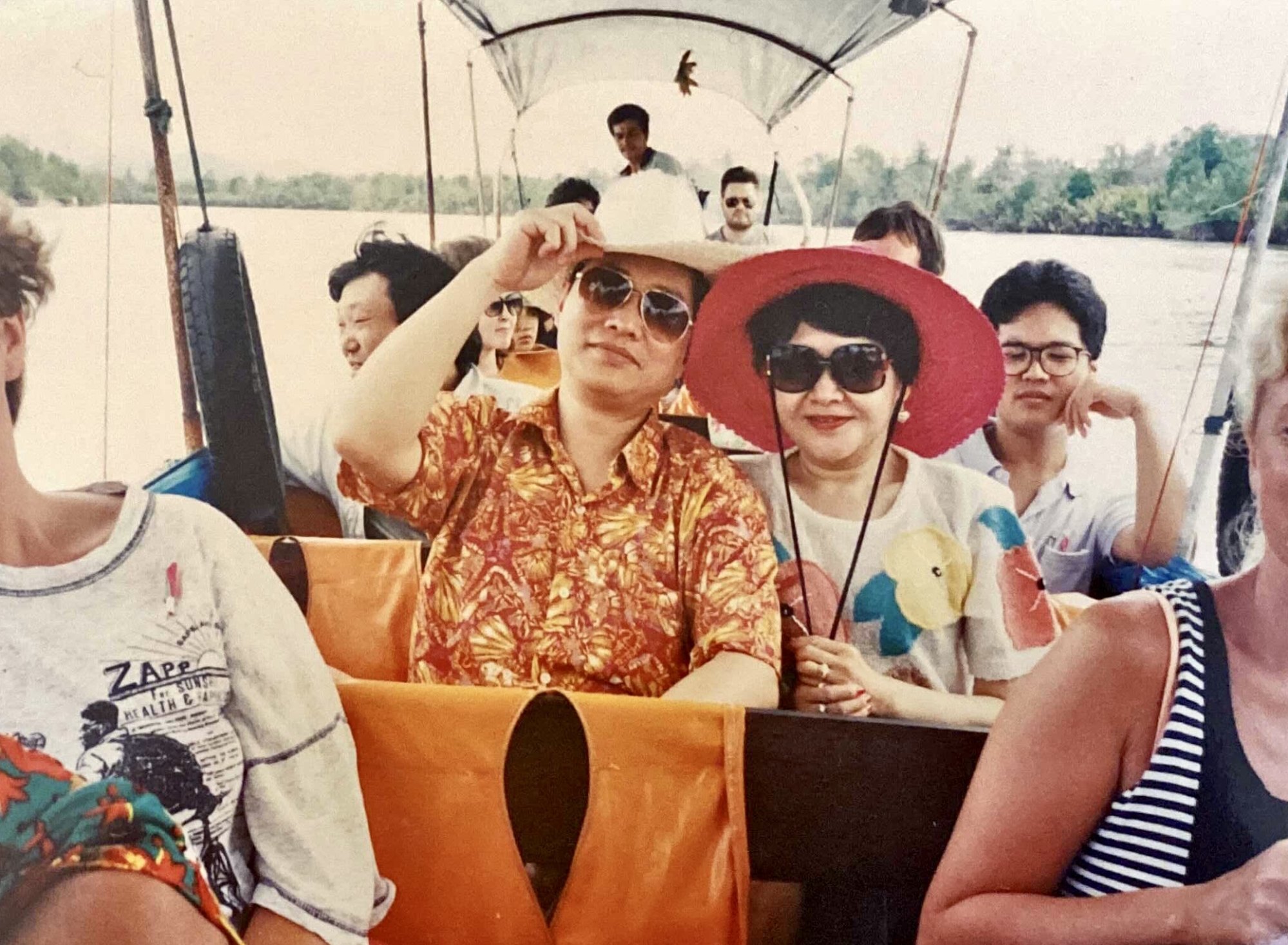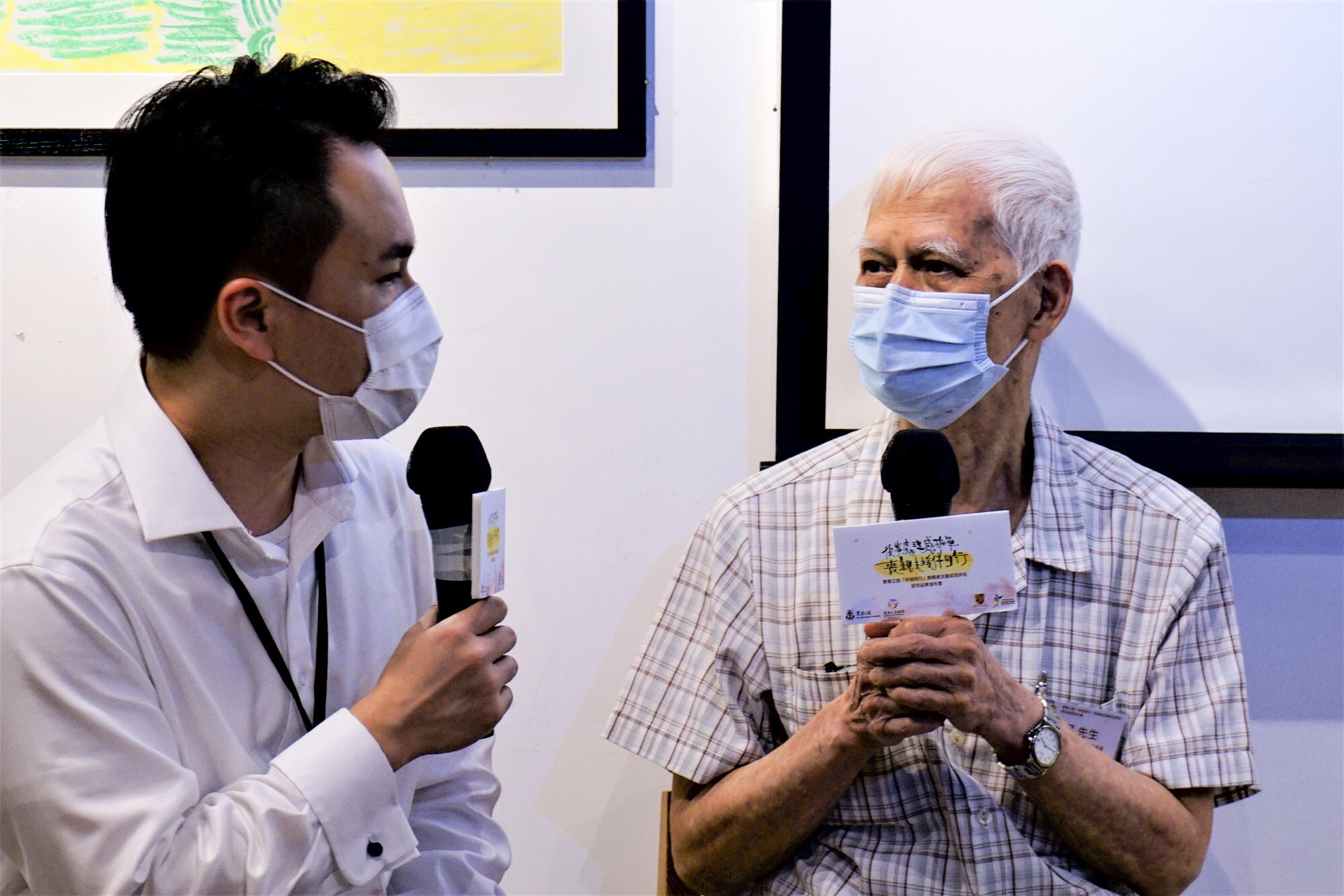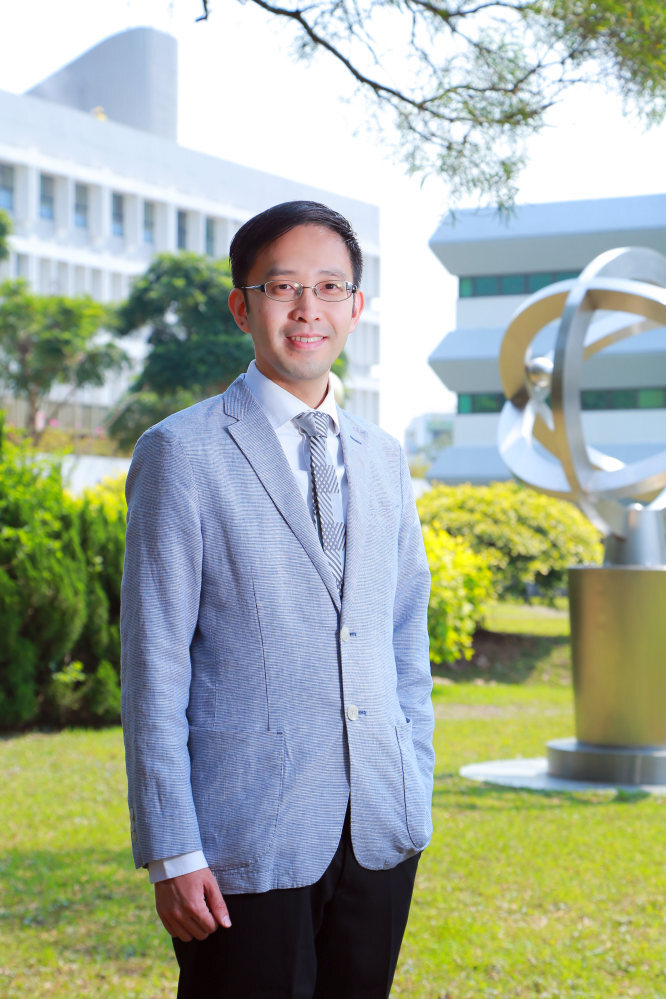
‘I was very sad and felt lost’: how a support service helps bereaved people in Hong Kong cope with their loss
- Social workers from the Tung Wah Group of Hospitals help people in Hong Kong deal with the formalities when a loved one dies, and keep an eye on them afterwards
- With relatives who might have helped a grieving family member trapped overseas by the pandemic, Tung Wah’s bereavement support service is needed more than ever
Chen Tse is lucky to have survived a heart attack after he passed out alone at home.
Chen is one of nearly 300 people each year who receive free help from the Tung Wah Group of Hospitals’ Be-with Bereavement Support Service, launched in 2012.
When his wife of 40 years, Chang Chin-chien, died in 2018, Chen did not know how to begin dealing with her affairs and arranging her funeral; the couple had no children.

“Tomorrow is another day, and life must go on,” Chen says of the experience.
Three women help others overcome grief and find purpose and spirituality
The service’s assistant supervisor, Christine Yick Doi-yun, says social workers usually provide emotional support to bereaved persons for one year after a funeral. Chen’s case is special, as they worry about his health.
Yick says the approach to providing support for those grieving is to give them space to open up while being at their side. “They might experience emotional ups and downs in a short period of time, and all you can do is to let them express their feelings,” she says.


Medical social workers recommended Lau Chuk-man as a candidate for the service after he admitted feeling helpless when his wife, Kam Siu-lan, died in 2019. They had been married for 50 years.
“It was very tough for me at that time. I was very sad and felt lost,” says Lau, who is in his 80s.
While they had a daughter, she has a long-term disability that requires her to attend regular appointments for treatment and rehabilitation and she was unable to help her father. The post-death procedures are complicated, Lau says, adding that he had to fill in many forms. So he welcomed the social workers’ support.
How my grief reappeared decades later and how therapy fixed it
Associate professor Dr Wallace Chan Chi-ho from the Chinese University of Hong Kong’s department of social work led a recent study for the Tung Wah Group of Hospitals to assess the programme’s effectiveness.
The research shows that a lack of knowledge about what to do when a loved one dies can add to the distress of people who are already grieving.
Yick says the pandemic has increased the burden on old people who lose a family member.
Why planning for life after death is important to the elderly in Hong Kong
“The most important thing is to accompany them,” Yick says, so they know they are not alone.
If you know someone in need of this service, or want to volunteer with or donate to Tung Wah, send an email to [email protected], or call 2859 7500.

